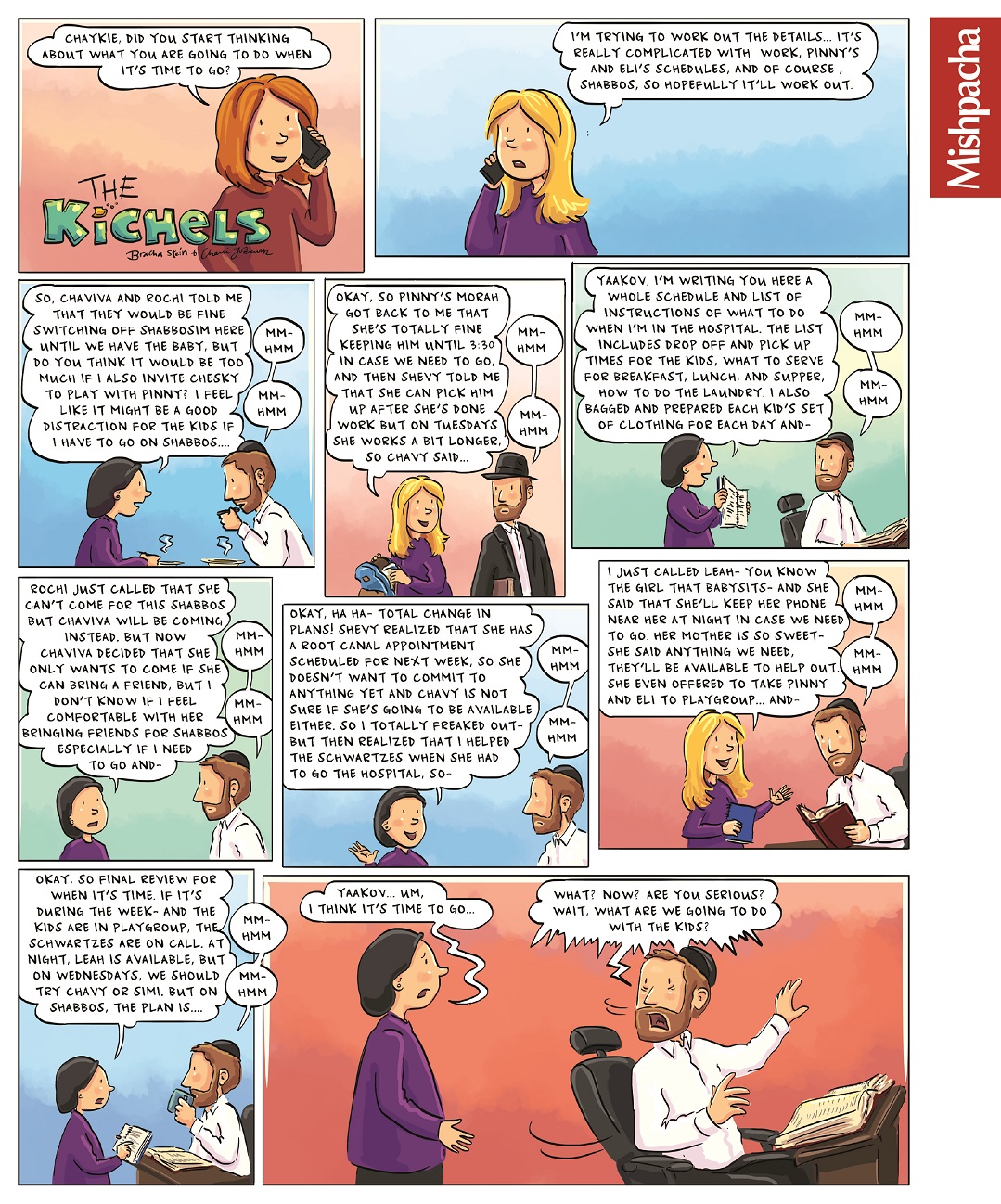The Kichels: Is it Time?


Oops! We could not locate your form.
RELATED CONTENT

Rabbi Ron Yitzchok Eisenman
“Rabbi,” said Shimon, “I came back to tell you, I fulfilled your brachah”

Rebbetzin Yocheved Goldberg
My grandfather never forgot that mountain. And now, neither will my precious son

Rabbi Emanuel Feldman
What the headlines do not mention is that this outflow from Israel is taking place primarily among secular Israelis

David Strom
I went to sleep in March and woke up in August. As a walking miracle, why was I on the run?




Comments (5)